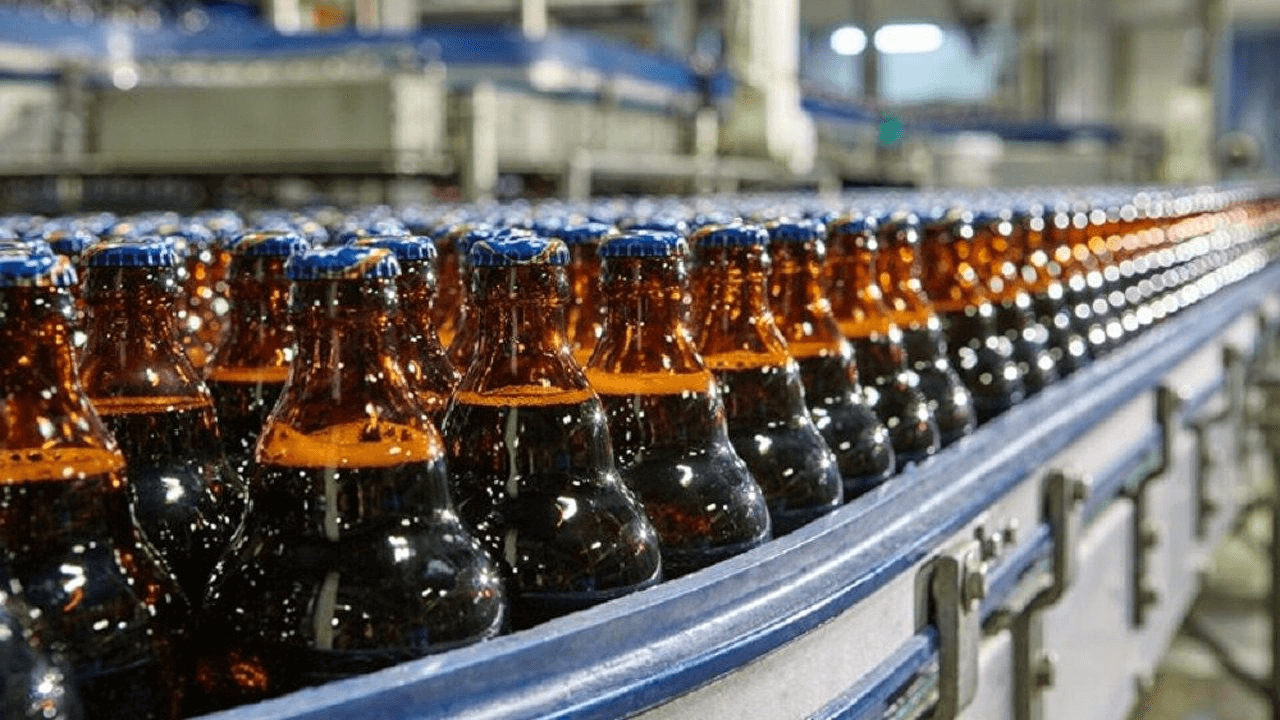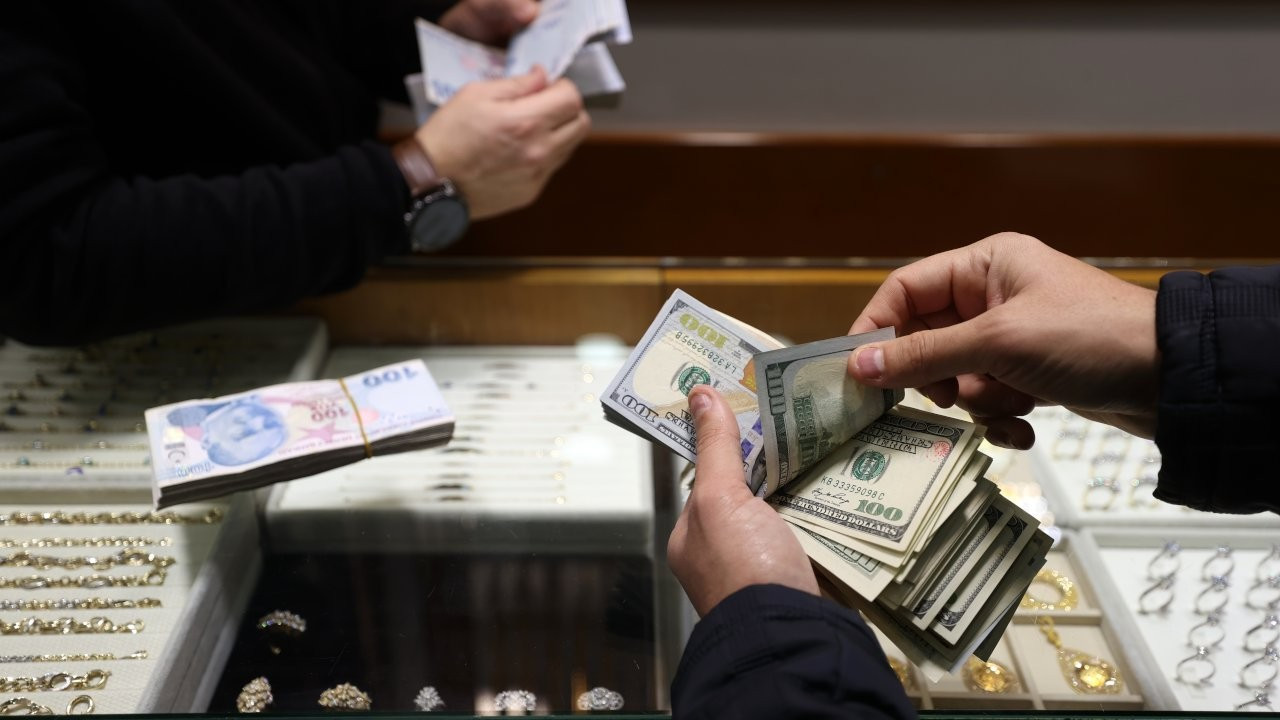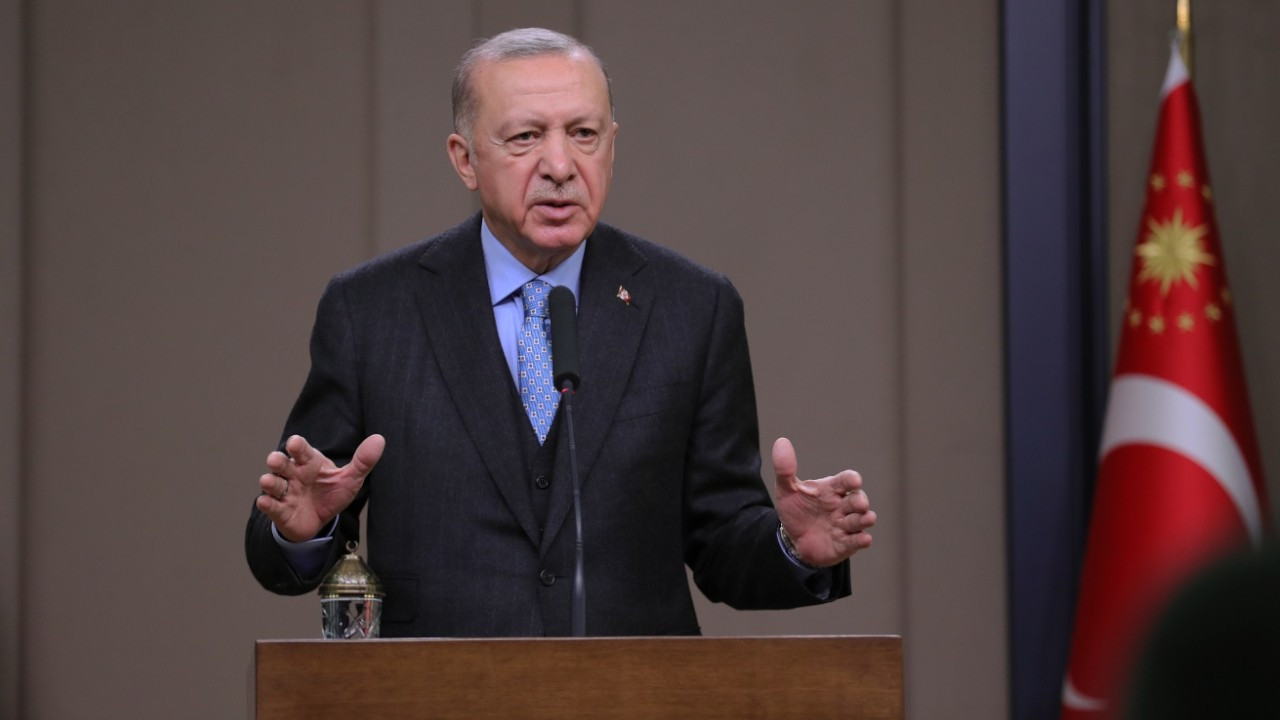Russia-Ukraine crisis to drive cooking oil, cereal prices to unforeseen heights
Food prices are set to soar further in the wake of Russia's invasion of Ukraine as Turkey imports nearly all of its wheat, corn, barley, and sunflower seed oil from these two countries, experts have said.
Müzeyyen Yüce / DUVAR
The escalating conflict between Russia and Ukraine could have serious implications for Turkey’s economy. Both countries are among Turkey’s primary trading partners, and the war could drive the price of goods - especially food - to new heights.
Turkey imports large portions of its wheat, barley, sunflower seed oil, and other cereals from Russia and Ukraine. Turkey imports 29 billion dollars in goods from Russia every year, second only to China. Ukraine ranks 12th, with 4.5 billion dollars in goods imported each year.
Turkey also exports significant amounts to both countries - 5.8 billion dollars in goods each year to Russia and 2.9 billion to Ukraine. Currently, trucks full of fresh fruit and vegetables from southern Turkey are stalled at the border and exporters are anxious.
According to experts, the current crisis, as well as the sanctions and trade obstacles that might result have the potential to significantly drive up the price of basic foodstuffs such as bread and cooking oil in the country. As Turkey under the Justice and Development Party (AKP) has become an import-dependent economy, economists say that the only way to combat the knock-on economic effects of the conflict would be to turn to “self-sufficient” agricultural policies.
Turkish agriculture will not be immune from price increases due to the conflict, however. Increases in the cost of natural gas and oil - Brent crude is already above $100 a barrel - will drive up farming costs, while fertilizer coming from Russia and Ukraine will skyrocket. This added to the rising cost of wheat, corn, and other grains, on which Turkey is highly dependent.
“Either the price of the products we buy from these two countries increases or if export restrictions are imposed due to war conditions, we may not be able to buy barley, corn, sunflower, and wheat from these two countries,” Chamber of Agricultural Engineers Chairman Baki Remzi Suiçmez said.
He says the only war to avert this crisis would be to increase sustainable domestic production. This would require government intervention and support for farmers and bread producers.
Russia and Ukraine have also practically monopolized global sunflower and sunflower oil production. According to agriculture writer Ali Ekber Yıldırım, it’s inevitable that Turkey will have to import from these two countries. In 2021, Turkey imported 739,000 tons of sunflowers, 56% of which were from Russia and 14% from Ukraine.
“We imported 70% of our [sunflower] imports from these two countries. The real price increase will be in sunflower oil,” he said. Prices are already up from 1,400 dollars per ton to over 1,500 dollars and will keep rising.
Replacements for sunflower oil, such as soybean and corn oil, are also at risk, says Yıldırım. Drought in South America has threatened soybean production, and much corn oil also comes from these warring countries.
İYİ Parti Kalkınma Politikaları Başkanlığı Tarım ve Kırsal Kalkınmadan Sorumlu Başkan Yardımcısı Ergin Kahveci’ye göre ise Rusya-Ukrayna krizini fırsata çevirmek mümkün.
Ergin Kahveci, the opposition İYİ (Good) Party vice chair responsible for Agriculture and Rural Development, says it’s possible to turn this crisis into an opportunity, however. Given that Russia and Ukraine are currently at the center of the world’s grain and cereal production, he thinks Turkey and some Latin American countries could step into this role.
He says that foreign dependency on agricultural products in Turkey is the result of policy mismanagement.
“This dependence is driven by our inadequacies. This will come to us as a crisis in the supply of wheat in the short term, and especially in the supply of sunflower seeds and crude sunflower oil,” he said.
He further said that Turkey should immediately ink deals with Ukraine to help sell its remaining supply of grains and sunflowers through its Black Sea neighbor before Russia implements its own policies or controls.
“Turkey should try to buy the product in Ukraine's field quickly. If we don't seize this opportunity then we will have to buy products at higher prices next year,” he said.
Otherwise, bread prices could rise to as high as 5 or 10 Turkish Liras, he said.
Peoples’ Democratic Party (HDP) deputy and Parliamentary Agriculture Commission member Rıdvan Turan, however, predicts an agricultural crisis in Turkey as a result of the crisis. He expects there will be price increases, famine, and deepening poverty and that Turkey is the country that will be most affected by the conflict.
Turkey needs to take urgent steps to combat this, he said. The state should assume farmers’ debt as public debt and help return farmers to work. Fields should be planted to compensate for the potential loss in grain from Russia and Ukraine.
(English version by Erin O'Brien)

 Turkey’s leading beer producer halts operations in UkraineEconomy
Turkey’s leading beer producer halts operations in UkraineEconomy Turkish lira plummets against dollar and gold as Russia invades UkraineEconomy
Turkish lira plummets against dollar and gold as Russia invades UkraineEconomy Turkey can't abandon its ties with Russia or Ukraine, says ErdoğanDiplomacy
Turkey can't abandon its ties with Russia or Ukraine, says ErdoğanDiplomacy